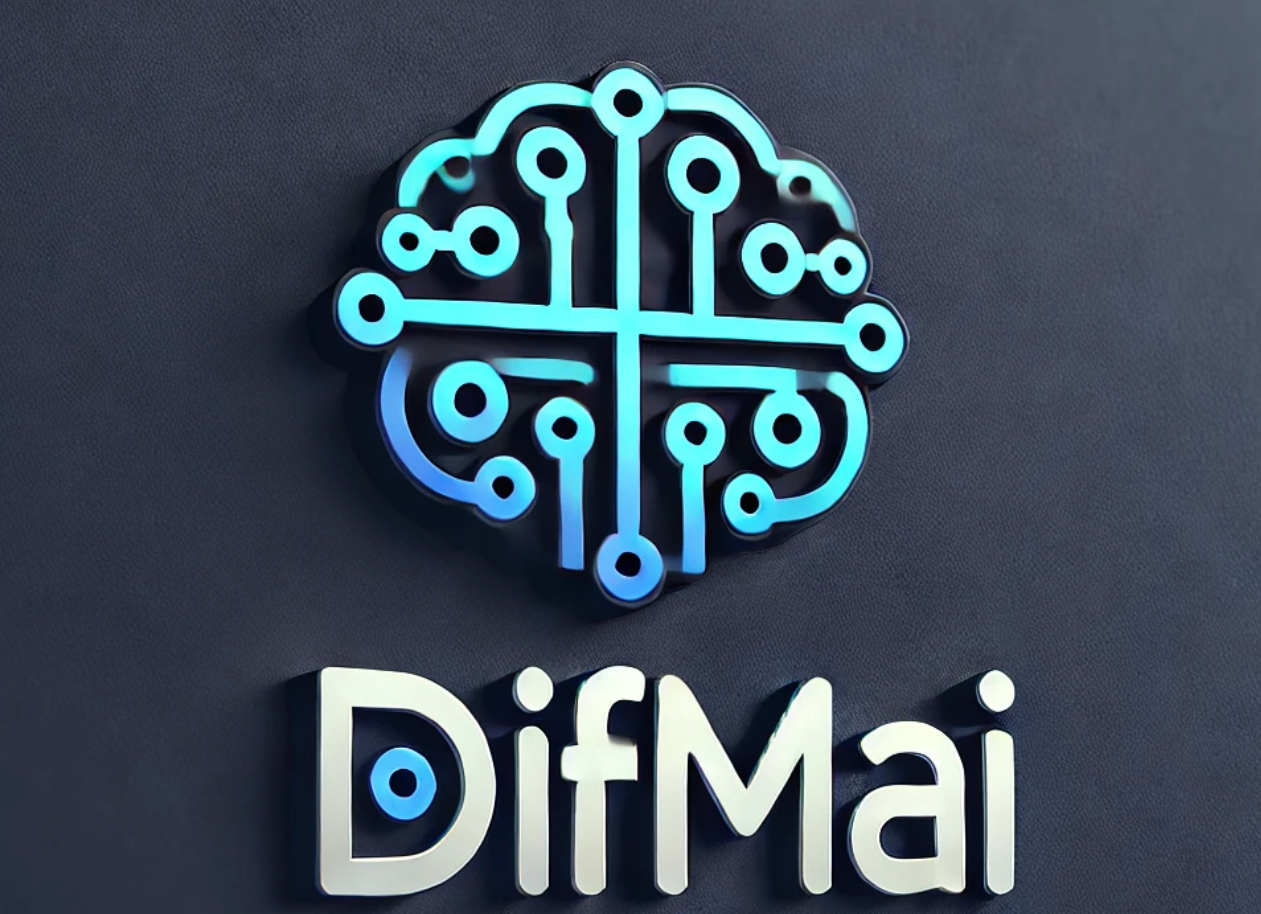TL;DR
OpenAI has announced its third major AI agent, the Agentic Software Engineer (A-SWE), capable of not just writing code but also handling quality assurance, bug testing, and documentation. While the potential is groundbreaking, skepticism remains due to past overstatements by OpenAI and ongoing issues like hallucinations in large language models.
What is A-SWE? OpenAI’s Third AI Agent Explained
OpenAI is gearing up to launch A-SWE (Agentic Software Engineer), a next-generation AI agent designed to go far beyond what current tools like GitHub Copilot offer. According to OpenAI CFO Sarah Friar, A-SWE can autonomously write applications, perform quality assurance (QA), conduct bug testing, and even write documentation—tasks that are often neglected by human developers.
During an interaction with Goldman Sachs, Friar stated:
“The third (AI agent) that is coming is what we call A-SWE… an agentic software engineer… It does all the things that software engineers hate to do—QA, bug bashing, and documentation.”
How A-SWE Compares to Copilot and Other AI Tools
While tools like GitHub Copilot provide code suggestions, A-SWE takes a giant leap by becoming a self-contained software engineer. It can handle pull requests (PRs), write and test code, and deliver fully functional applications with minimal human input.
This makes A-SWE particularly attractive for startups and enterprises looking to accelerate development cycles and reduce costs. Essentially, it’s a force multiplier for engineering teams.
OpenAI’s Track Record: Should We Believe the Hype?
Despite the fanfare, skepticism is warranted. OpenAI has a history of overpromising on its products’ capabilities. Earlier agents like Operator and Deep Research—launched in January and February respectively—were touted as revolutionary, but have yet to fully meet those expectations.
One major concern is the issue of hallucinations—where AI confidently provides incorrect or fabricated information. This problem persists across most large language models, and it’s unclear how A-SWE will overcome it.
Implications for the Software Engineering Industry
If A-SWE delivers on its promises, it could dramatically shift how software development teams operate:
- Increased Efficiency: Automating the least desirable tasks could improve developer productivity.
- Cost Reduction: Companies might be able to scale without proportionally increasing headcount.
- Faster Product Releases: End-to-end automation from code to QA to documentation can shorten development cycles.
However, widespread adoption would also raise ethical and operational concerns regarding job displacement, accountability for AI-generated code, and long-term maintenance.
Conclusion: A Game-Changer or Just Another AI Buzzword?
While A-SWE is marketed as a self-sufficient software engineer, the tech community remains cautious. Until real-world tests prove its reliability, the verdict is still out. If A-SWE lives up to its billing, OpenAI could redefine what’s possible in software engineering. If not, it may just be another case of AI hype falling short.
FAQs
What is A-SWE by OpenAI?
A-SWE (Agentic Software Engineer) is OpenAI’s third AI agent, designed to autonomously perform software engineering tasks, including QA and documentation.
How is it different from GitHub Copilot?
Unlike Copilot, which offers code suggestions, A-SWE can independently handle entire software projects from start to finish.
When will A-SWE be available?
OpenAI has not announced an official release date, but the product was confirmed during an interaction with Goldman Sachs in April 2025.
Is A-SWE reliable?
Skepticism remains due to OpenAI’s track record of overpromising and existing issues like AI hallucinations.
Sources


